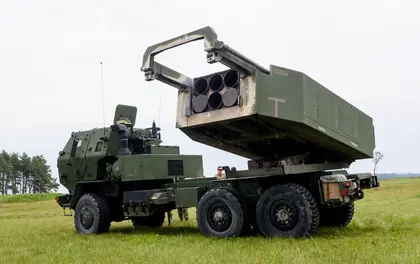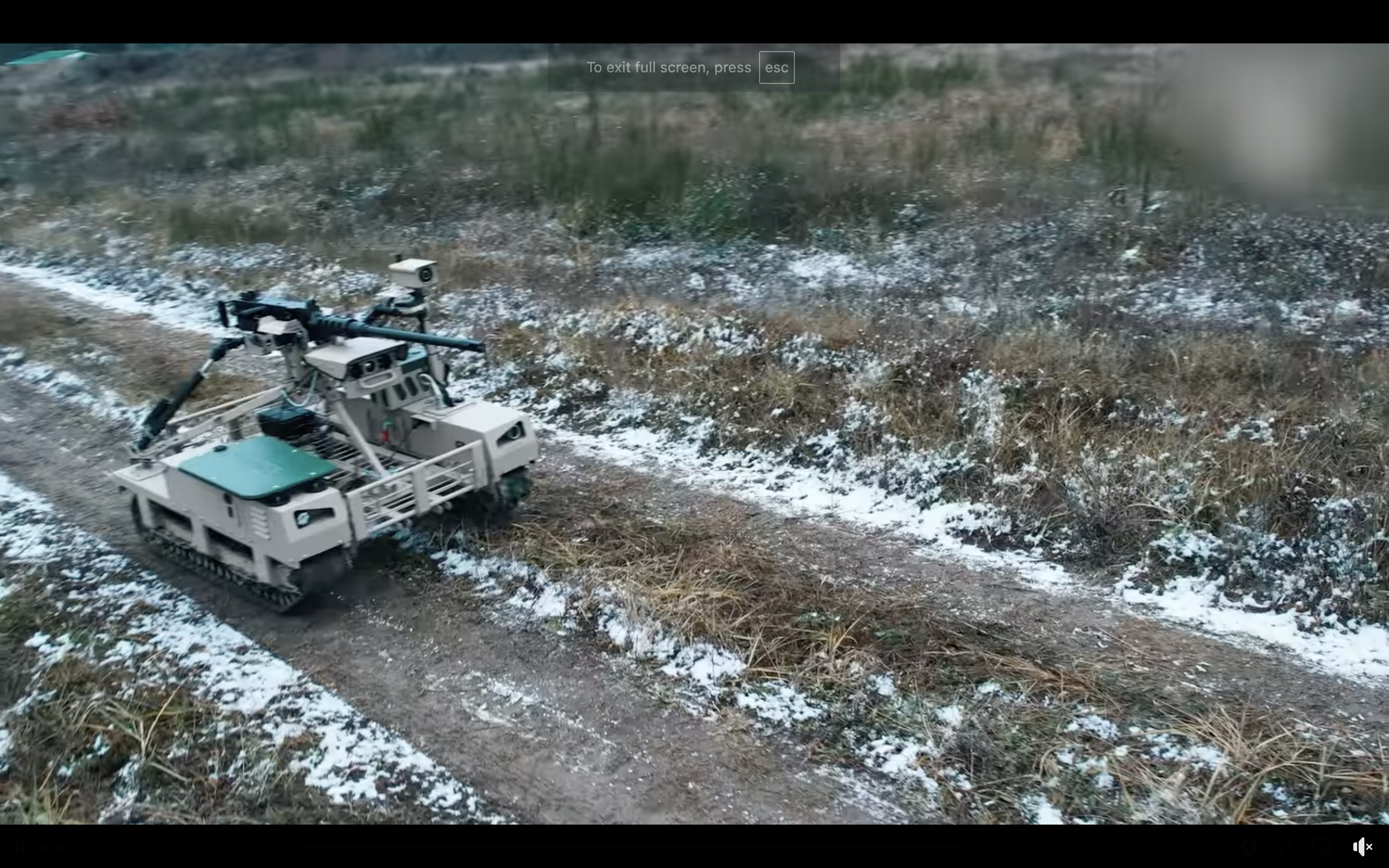Two unnamed US officials told the Associated Press that Washington might be sending a new military aid package for Ukraine on Tuesday, worth $150 million.
The latest tranche would come out of the $61 billion approved by Capitol Hill in April, the last $225 million package of which was granted on June 7.
JOIN US ON TELEGRAM
Follow our coverage of the war on the @Kyivpost_official.
This week’s shipment is expected to include missiles for the High Mobility Artillery Rocket Systems, or HIMARS, which have been fired on targets within Russia in recent weeks and which Ukrainian military leaders say have changed the course of the war dramatically.
HIMARS systems can reach further than the Army Tactical Missile System, or ATACMS, which were mostly used until recently. The AP noted that the unnamed officials said they could not verify whether the latest package included ATACMS munitions as well, but did verify that it did not include cluster munitions.
Also on Monday, the White House announced that it will be funding the printing of more than three million textbooks for Ukrainian students, following Moscow’s attacks on Ukrainian printing infrastructure.
“By striking Ukrainian printing presses, Russia is seeking to disrupt the production of Ukrainian textbooks and the education of Ukrainian children,” National Security Adviser Jake Sullivan told CNN. “We will not let Russia succeed.”
Oof looks like the new guideline arrived to Russian TV, which is to tell "truths", that HIMARS are good, NATO is strong, and so on. pic.twitter.com/Yj58a9C6AZ
— WarTranslated (Dmitri) (@wartranslated) September 19, 2022
Zelensky replaces Joint Forces commander for the second time in four months

Macron, Tusk to Discuss Ukraine Security Ahead of Poland’s EU Presidency
After serving just four months as the Commander of the Joint Forces of the Armed Forces of Ukraine (AFU), Yuriy Sodol, has been replaced after an investigation into alleged incompetence and abuse of power.
“I have decided to replace the Commander of the Joint Forces of the Armed Forces of Ukraine, Lt. Gen. Yuriy Sodol, with Brig. Gen. Andriy Gnatov,” President Volodymyr Zelensky said in his nightly address on Monday.
Sodol was appointed to the position in February, replacing Gen. Serhiy Naiev. He had served as the commander of Ukraine’s Marines, participating in the defense of Mariupol, and leading his troops in battles near Volnovakha.
Gnatov also rose through the ranks of the Marines.
Zelensky’s announcement on Monday came after an investigation into Sodol’s leadership sparked by criticism from a commander of the Azov brigade, Bohdan Krotevych. Krotevych had filed a complaint to the SBU, accusing Sodol of incompetence.
Despite Hungary’s obstruction, EU grants first €1.4 billion in frozen Russian assets to Kyiv
The EU on Monday unveiled its first package of newly approved funds for Ukraine, agreeing to transfer €1.4 billion ($1.5 billion) backed by frozen Russian assets to help arm Ukraine, AFP reported. The EU said another billion euros will come by the end of the year.
The bloc voted in May to send three billion euros a year to Kyiv in interest from those assets, mostly held by the international deposit organization Euroclear, based in Belgium.
The move comes despite protests from Hungary, whose leader Viktor Orban is seen as close to the Kremlin and has attempted to thwart virtually every measure from Brussels to arm Ukraine. AFP reported that “the EU’s other 26 member states have been hashing out a legal route to unlock the funds without needing approval from Hungary.”
About €200 billion in all has been frozen in European banks since shortly after the beginning of Moscow’s full-scale invasion of Ukraine.
“The windfall profits coming from Russian assets frozen in Europe, not the asset itself, will be used in the swiftest possible manner for the benefit of Ukraine,” EU foreign affairs chief Josep Borrell said.
Meanwhile, as EU leaders’ patience for Hungary’s obstructionism is running thin, Budapest is fuming about being muted in Brussels.
“By completely ignoring European rules Hungary was quite simply left out of the decision-making process,” foreign minister Peter Szijjarto said. “This is a clear red line. Never before has such shameless disregard for common European rules been shown.”
US State Department says Pyongyang gave Russia missiles, worried Kim may get nuclear help in return
US Deputy Secretary of State Kurt Campbell told a foreign policy conference on Monday that Russian President Vladimir Putin’s visit to North Korea last week, the first in nearly a quarter of a century, may lead to “provocative” steps that could lead to a crisis in Northeast Asia.
Campbell said that Moscow received “literally trainloads” of North Korean artillery ammunition and long-range missiles as a result of the meeting and that the State Department is very concerned about what Pyongyang was promised in return.
“We believe that there are discussions about what North Korea gets in exchange. This could be associated with its nuclear or long-range missile development plans,” Campbell said.
Campbell added that China may also be worried that North Korean leader Kim Jong Un might be encouraged by Russia to take provocative measures. “I think it’s fair to say that China is anxious about this,” he said.
“There are limits to these partnerships, but they cannot be ignored,” Campbell said.
#China & #NorthKorea at the Council on Foreign Relations @CFR_org, @DeputySecState Kurt Campbell answers CFR Pres @MikeFroman questions.
— Pamela Falk Correspondent United Nations (@PamelaFalk) June 24, 2024
"We have seen a dramatic step up in the relationship between Moscow and Pyongyang...I think it is fair to say that China is is somewhat… pic.twitter.com/ckQnei0cB8
You can also highlight the text and press Ctrl + Enter









